Text
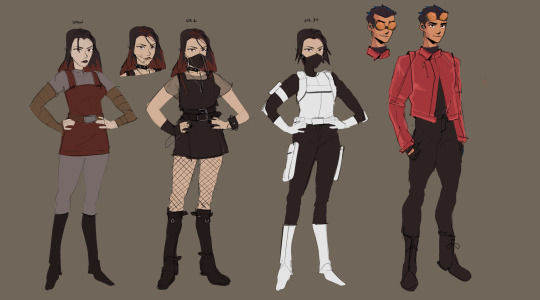
139 notes
·
View notes
Photo

Breach
435 notes
·
View notes
Text
Every person need to be taught disability history
Not the “oh Einstein was probably autistic” or the sanitized Helen Keller story. but this history disabled people have made and has been made for us.
Teach them about Carrie Buck, who was sterilized against her will, sued in 1927, and lost because “Three generations of imbeciles [were] enough.”
Teach them about Judith Heumann and her associates, who in 1977, held the longest sit in a government building for the enactment of 504 protection passed three years earlier.
Teach them about all the Baby Does, newborns in 1980s who were born disabled and who doctors left to die without treatment, who’s deaths lead to the passing of The Baby Doe amendment to the child abuse law in 1984.
Teach them about the deaf students at Gallaudet University, a liberal arts school for the deaf, who in 1988, protested the appointment of yet another hearing president and successfully elected I. King Jordan as their first deaf president.
Teach them about Jim Sinclair, who at the 1993 international Autism Conference stood and said “don’t mourn for us. We are alive. We are real. And we’re here waiting for you.”
Teach about the disability activists who laid down in front of buses for accessible transit in 1978, crawled up the steps of congress in 1990 for the ADA, and fight against police brutality, poverty, restricted access to medical care, and abuse today.
Teach about us.
149K notes
·
View notes
Text

I absolutely love the direction they decided to go with the black goo from Prometheus and how it ties into the themes of the film and the franchise.
Rook and Weyland wanted to use the black goo to make humanity better at colonization by ridding humanity of its weaknesses and limitations. But as a result, it creates a human without any humanity.
You even see that same theme in the chip that Andy used to "upgrade" himself with. He wanted to use it to better help the people he cared about, and yet in doing so he lost the care he had for them and tragically ended up becoming more like the cold machine that Weyland-Yutani wanted him to be.
Both the chip and the black goo are perfect metaphors for how people try to obtain, use, or embrace certain things to make themselves "more perfect" or gain more status and power in the system or society they're a part of. And yet by doing so, they lose the things that make us human and become more like mindless machines that think of nothing but serving a system that doesn't care about anything or anyone except those who benefit from it the most.
2K notes
·
View notes
Text
"How do I plot a book" You don't. You start writing. You make notes about ideas you have while writing. When you're finished, you bring everything together like a puzzle. You fix potholes, you delete dead scenes, you bring in funky dialogue. You let someone else read it and put some patches on it. Tada! There's your book.
#oh these look really good!#about writing#tutorials#good to know#writing resources#writing inspiration
3K notes
·
View notes
Text
looney tunes as pics I had saved on my phone
bugs bunny:

daffy duck:

elmer fudd:

foghorn leghorn:

marvin the martian:

pepé le pew:

penelope pussycat:

porky pig:

tasmanian devil:

yosemite sam:

475 notes
·
View notes
Text
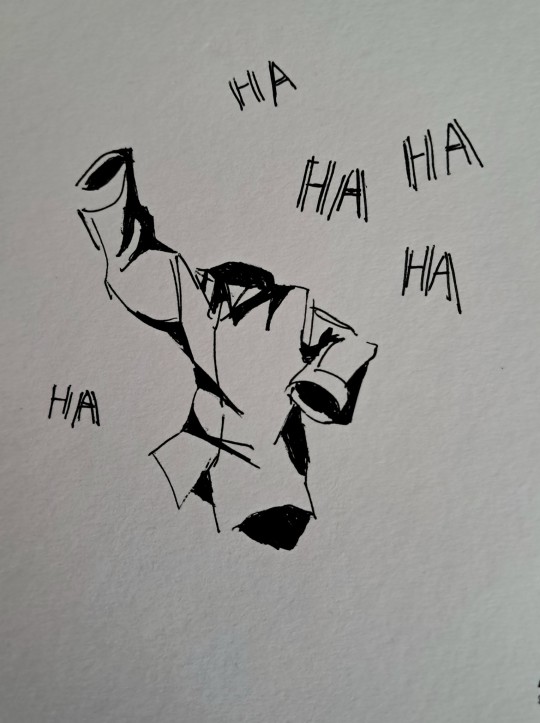


This deranged fellow (whom I love)
561 notes
·
View notes
Text




I have to draw a lot of gold and metal for my work, but wasn't happy with any of the metal tutorials i could find around. I prefer really specific instruction, so after some research i put together what i think works as a generalist's guide/tutorial. Not perfectly accurate, but i hope it's helpful!
31K notes
·
View notes
Text

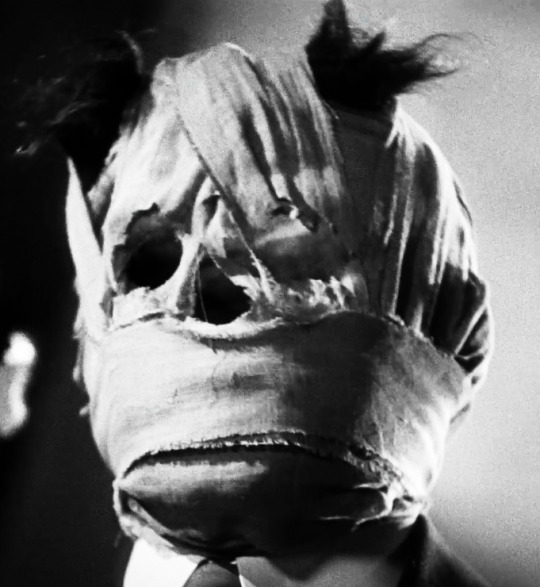
He caught a glimpse of a most singular thing, what seemed a handless arm waving towards him, and a face of three huge indeterminate spots on white, very like the face of a pale pansy. Then he was struck violently in the chest, hurled back, and the door slammed in his face and locked. The Invisible Man, Ch. 3 - A Thousand and One Bottles
I loved the imagery here, and even though I had to look up a pansy flower, I think if you knew what it looked like it's a very apt comparison. The three splotches corresponding to the nose and eye holes in Griffin's bandages.
73 notes
·
View notes
Photo

“The Anti-Transcendentalism of Moby-Dick” by Michael J Hoffman [x]
1K notes
·
View notes
Text
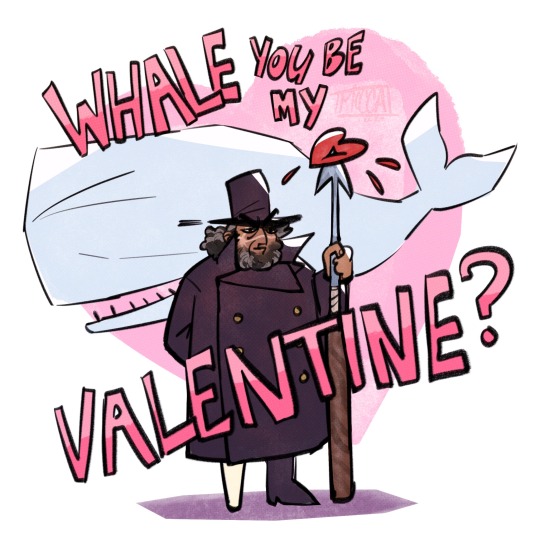
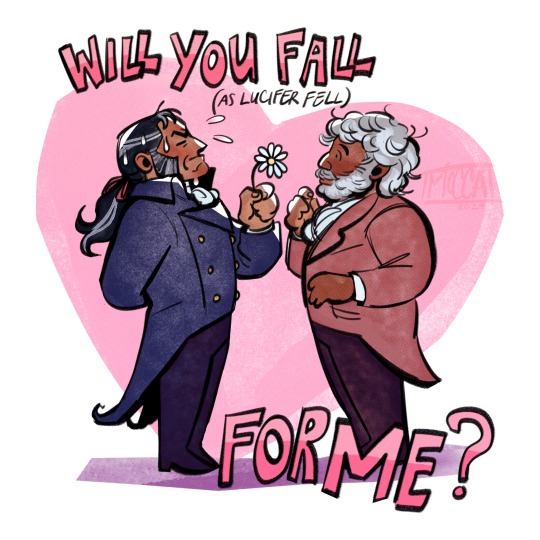
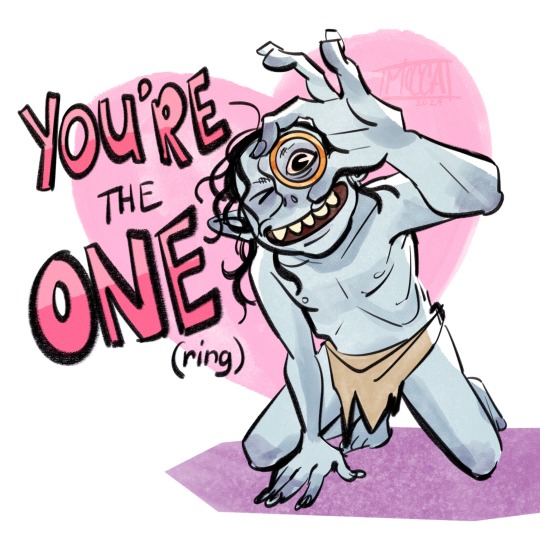
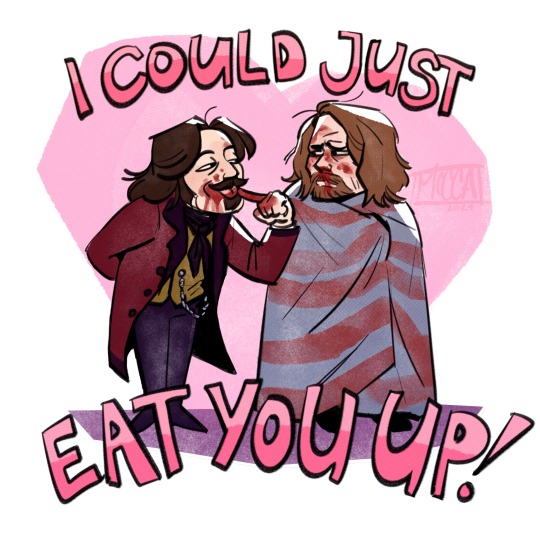
niche and self indulgent valentines that cater to me specifically (if they cater to you as well, i will be so happy)
#ravenous 1999#moby dick#herman melville#les miserables#lotr#valentines#humor#silly#literature related
1K notes
·
View notes
Text
Someone today will read Shakespeare’s hamlet and say omg he’s just like me fr. Another person will read moby dick and proclaim Ishmael as an adhd king.
A person grieving for their recently deceased lover reads the iliad and they watch as Achilles rages and rages and god how righteous anger fueld by love is so devastating that it’s ramifications still affect the world several thousand years later.
We might one day settle down and read the epic of gilgamesh and watch as a king has to accept the death of the person he loved the most. One of the very first stories ever written and it was about coping with death, and how to grieve.
We don’t read classics because they’re old, we read them because they remind us that we are never alone. That a character created over 500 years ago struggled with the exact same problems we all still have today. That even a king from centuries past had to deal with death just like me. That’s what makes stories so powerful–they prove to us that we are never truly alone in what we are feeling.
#shakespeare#hamlet#moby dick#the iliad#achilles#the epic of gilgamesh#writing#literature#classics#history#good to remember
18K notes
·
View notes
Text
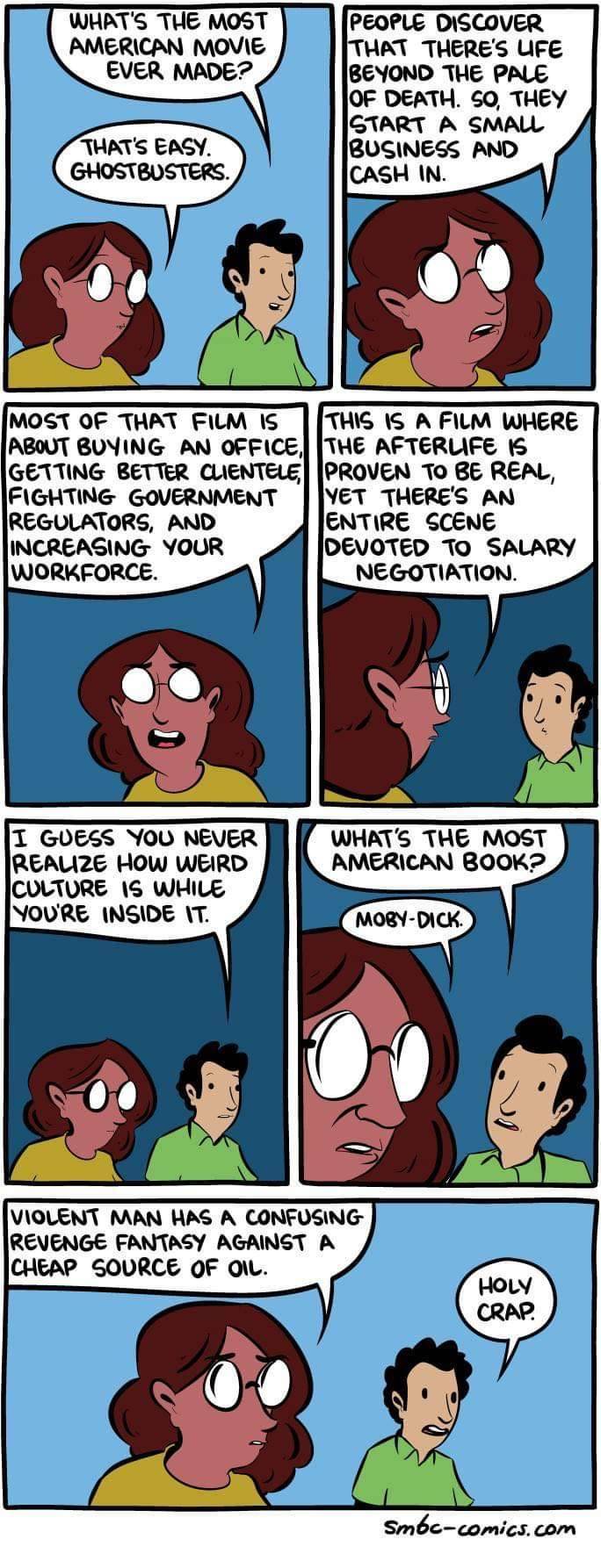
28K notes
·
View notes
Text
See here’s the thing. It’s not that Secret of NIMH is a bad movie. It’s not that themes about believing in yourself, or about The Power Of A Mother’s Love, are necessarily bad.
It’s that–
It’s that the book is so much bigger and so much smaller. So much more.
It’s that We All Help One Another Against The Cat. And that saves an entire civilization, in the end. And it saves the life of a single little boy. And those things are equally important in the end.
In Mrs Frisby And The Rats Of NIMH, everything, the whole world, comes down to this in the end: No act of kindness, no matter how small, is ever wasted.
An elderly mouse sets up shop as a healer, charging nothing, asking nothing in return. The frightened single mother gets free medicine from him. Because she has a doctor to go to, she’s in the right place at the right time to see a very young crow tangled in string, and stops despite the danger to free him. Moved by her patience and courage, Jeremy refuses to abandon her and risk her being killed by the cat whose attention his struggle has caught. He is gracious and polite and humble as he flies her to her home, so she swallows her irritation at his youthful foolishness and speaks to him respectfully, so a friendship is forged between them that lasts longer than a single mutual rescue, so she tells him about the danger her son is in, so he vouches for her to an owl. The owl is interested enough by her nerve and the unlikely bond of friendship between them that he gives her his genuine time and attention and speaks to her for long enough that Jeremy calls out to her by name to see if she’s safe, which means the owl recognizes the name, which means he can send her to the rats–
Simple, understated, mundane, none of them coincidences. All of them a choice. To do what’s right and not what’s safest. To do the hard thing and not the comfortable one. To act with compassion even when you’re annoyed at the deviation from your plans.
Justin opens a cage door for eight little mice who mean nothing to him, who he’s never met before. Nicodemus sees the smaller, lighter mice in mortal peril and reaches out instinctively to grab one, two, and the rest are gone before anyone even has time to react. The entirety of A Group having seen what comes of carelessness grimly throws themselves into keeping these two vulnerable mice alive, bracing them with their bodies, holding them close, anchoring them to safe points. Mr. Ages, not Nicodemus, proposes using a screwdriver as a pry-bar. Jonathan crawls through a hole too small for rats and frees them all. Justin burns hours they cannot spare to venture back into the tunnels–
(Having escaped, having reached freedom and safety against all odds but knowing others were left behind, he turns back–)
–Calling, hoping, and they find no one and it was still worth the risk, even if no one was saved, because they might have been. The care he shows for the mice means Jonathan and Mr Ages stay with them past the escape, form a friendship that lasts years. That gives his name such respect among them that when they hear it, they drop everything to care for his wife and son.
Dragon cannot be drugged because they have no mice to run the risk anymore. The rats decide there’s nothing for it–they will work in the open. Risk not only their lives but the discovery of their entire civilization if caught, in order to move a cinder block eight inches to the right, to save the life of a single tiny child, their dead friend’s son. The child’s mother volunteers to run the risk for them. A human boy says wait, don’t let the cat in yet, I’ve caught a mouse because human boys are loud and big and clumsy and it’s traumatizing and she’s hurt but Billy Fitzgibbon saw a tiny vulnerable thing and wanted to keep it safe. And so she remains in the kitchen, and hears about the death of Jenner’s team, and is able to warn the rats just barely, barely in time.
Because Jenner was not a villain, because he was never cruel. Because he disagreed with his oldest friend but Jenner and Nicodemus never hated one another, so they never wanted anything but the best for each other. So Jenner and his supporters defected peacefully. So their terrible, fatal mistake happened in the public eye, not too far away, because there was no hostility between them. Because they only ever wanted one another to be safe and happy, in the end.
And the surviving rats escape, save for one who stumbled and fell as he ran from the gas, and one unnamed who might have been Justin, who might not, and does it matter whether it was someone we knew, does it matter, should we mourn him less if he wasn’t, does his name matter more than that he was kind and brave and died for it? That after being kinder and braver than anyone had any right to ask, he dragged one last brother out of a cloud of cyanide and then went back?
They escape, they survive, just as surely as Timothy will grow up strong and healthy and the Frisbys can now return every year to a safe, warm home and never have to leave it. A civilization deep in the forest, safe and secure and entirely their own, because Mrs. Jonathan Frisby was in the right place at the right time to tell them to hide their machines and run–
Because she was kind to a crow.
Because she had a neighbor who dedicated his life to helping others.
Because her husband died helping the rats build a home that was their own, that he would never share in.
Because they were his friends, because he opened a grate for them once, because they held him close and shielded him with their bodies when he was too small.
Because a rat named Justin opened a door.
Because kindness is hard and scary and hurts sometimes, but it’s always worth it, it’s never wasted, compassion finds its way back to you in the most unlikely ways and even when it doesn’t, when you get nothing in return, it was still worth it to try.
Because we all help one another against the cat.
And how dare Don Bluth look me in the eye and try to say that isn’t good enough.
How dare you try to tell me that isn’t magic.
5K notes
·
View notes
Photo

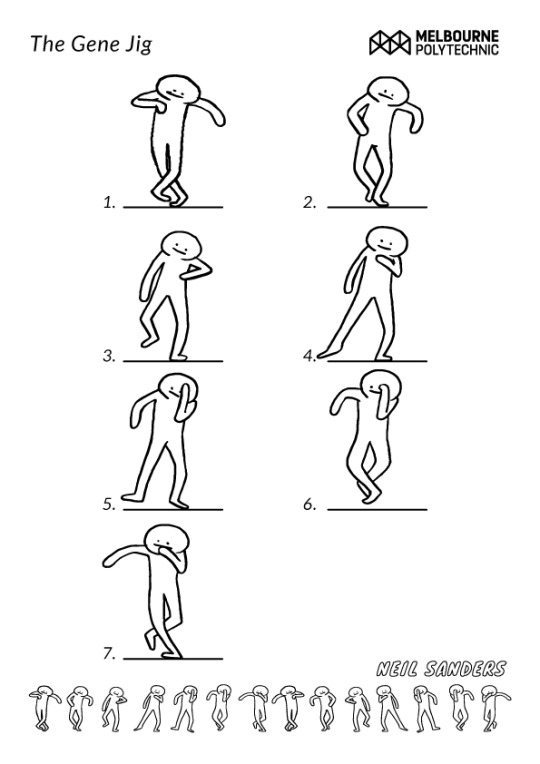
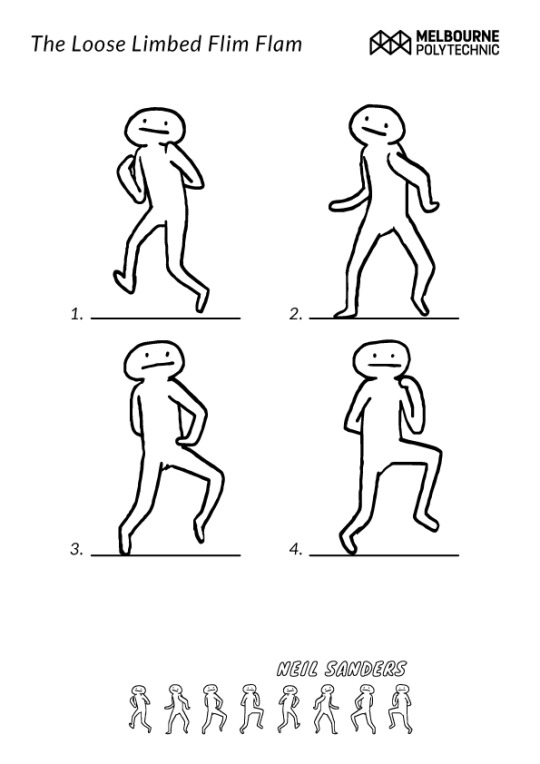


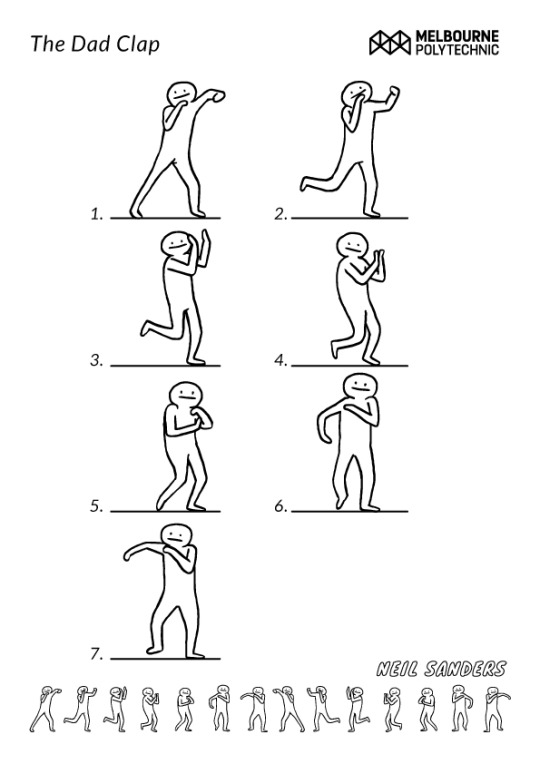

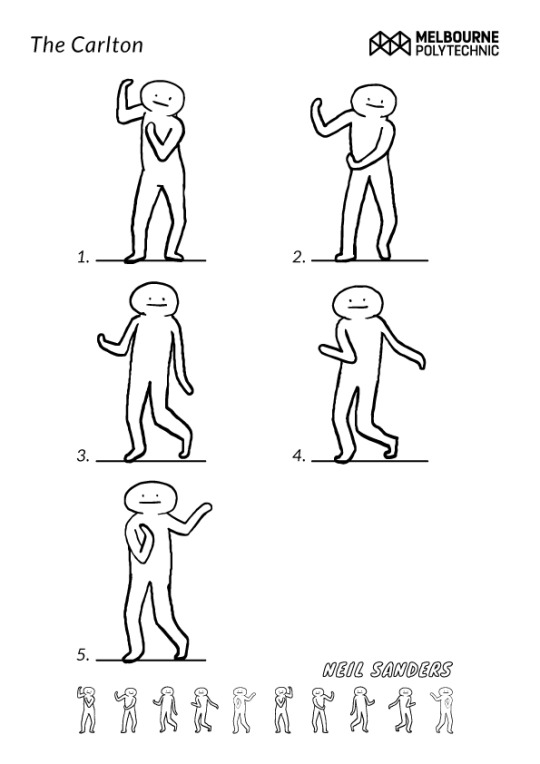
I’m running an Introductory Animation Workshop with creative arts students this Saturday (August 20, 2016) for The School of Creative Arts Open Day at Melbourne Polytechnic’s Prahran Campus. I’ve rotoscoped and broken down some of the greatest dance gifs to their basic poses and we’re going to collaboratively design characters then MAKE THEM DANCE!!
Come down, check out the campus and say HI!
I can’t wait to see the weird animated goofs that result from this workshop, I’ll post them in a couple of days so we can all be in awe of their hilarious spontaneity!
58K notes
·
View notes
Text
The Invisible Man, Ch. 2 - Mr. Teddy Henfrey's First Impressions
I thought this chapter illustrated well Griffin's basic tendencies and how he tries to force himself into niceties when he knows that's how he'll get what he needs. Whereas in the first chapter Griffin was dismissive of Mrs. Hall's attempts to draw out information, here Griffin willingly gives her what she wants:
“My reason for coming to Iping,” he proceeded, with a certain deliberation of manner, “was ... a desire for solitude. I do not wish to be disturbed in my work. In addition to my work, an accident—” “I thought as much,” said Mrs. Hall to herself.
But he only gives her what she wants, with just enough to explain the strangeness he knows she's been curious about. He's being careful, telling her about some nebulous "accident" he knows she already suspects, while also telling her he's a scientist to explain the lab equipment and desire for isolation. And all of this is because at the end of the day, he needs Mrs. Hall. She's the innkeeper and thus can help him he gets these things. He needs her, so he's playing nice. And when that's done?
“Certainly, sir,” said Mrs. Hall. “And if I might make so bold as to ask—” “That I think, is all,” said the stranger, with that quietly irresistible air of finality he could assume at will. Mrs. Hall reserved her question and sympathy for a better occasion.
He dismisses her just as quickly as he did before. And it's interesting in comparison with how he treats Mr. Teddy "Clock-Jobber" Henfrey. At first Mr. Henfrey was going to leave before Griffin says otherwise:
“But I’m really glad to have the clock seen to,” he said, seeing a certain hesitation in Mr. Henfrey’s manner. “Very glad.” Mr. Henfrey had intended to apologise and withdraw, but this anticipation reassured him.
Griffin is doing the same thing, being polite, playing along with the norm, so it'll all work out the best for him. I assume he needs the clock for his experiments in addition to just being a generally useful item to have working properly. But it's also much less important than privacy or his lab equipment, so when Griffin realizes Teddy is "humbugging" he becomes really upset.
He looked up as if to take aim with that introductory shot. “The weather—” he began. “Why don’t you finish and go?” said the rigid figure, evidently in a state of painfully suppressed rage. “All you’ve got to do is to fix the hour-hand on its axle. You’re simply humbugging—”
I love this scene. It's a conglomeration of things Griffin finds annoying: another person, wasting time, attempting to socialize. I'm sure on some level he also feels this rage with Mrs. Hall or really most people, but again, since in this case Teddy is much less important in the grand scheme of things, Griffin has a harder time suppressing the rage.
Moving on, one thing I want to note is that Griffin is telling the truth when he says he's a scientist, or "experimental investigator" as it's referred to here. And this truth impresses Mrs. Hall. I don't remember if this is explicitly stated later, but I think one reason Griffin probably felt more comfortable moving his experiments to Iping, aside from the isolation provided by a small country village, was because he doubts anyone here would be smart enough to figure out his work. Griffin will also exhibit his streak of self-superiority later, so I wouldn't be surprised if he does say something to this effect. Mr. Hall does take a look at a sheet of Griffin's math without deriving anything from it:
And after the stranger had gone to bed, which he did about half-past nine, Mr. Hall went very aggressively into the parlour and looked very hard at his wife’s furniture, just to show that the stranger wasn’t master there, and scrutinised closely and a little contemptuously a sheet of mathematical computations the stranger had left.
This is also coupled with the sort of disbelief in regards to Griffin's invisibility. In a very vivid scene at the beginning, Mrs. Hall sees Griffin's invisible face:
But for a second it seemed to her that the man she looked at had an enormous mouth wide open—a vast and incredible mouth that swallowed the whole of the lower portion of his face. It was the sensation of a moment: the white-bound head, the monstrous goggle eyes, and this huge yawn below it.
But she assumes it was a trick of the light and moves on. Griffin is trying to make sure people won't see his work, and the only way the people of Iping could ever figure it out would be if they saw him, but if they did see him, there's also a layer of rationality that would prevent them from realizing it. But obviously that will only last for so long cause they do eventually figure it out, though that's for another chapter.
Anyways, Griffin's reputation spreads! First to Mr. Henfrey who then tells Mr. Hall about it. Henfrey is already speculating about Griffin hiding from police or being some sort of scam lodger:
And yet again, “Seemingly not. If the police was wanting you you couldn’t be more wropped and bandaged.” He told Hall how his aunt at Hastings had been swindled by a stranger with empty portmanteaux.
More rumors will spiral from here, and these two suspicions are sort of a summary of what they comprise: Griffin being some criminal/swindler/liar/conman, hiding from police or tricking the people of Iping or both. Again, I think if the book wasn't so literally titled "The Invisible Man," we the reader would be attempting to figure out which one of these theories is true.
I don't have much else to say. I actually found this a pretty funny chapter: Griffin's behavior, Mr. Hall's meaningless gestures of power, all good stuff. I look forward to the next one.
12 notes
·
View notes
Text
columns of kelp underwater are so gorgeous. absolutely one of my favorite things in the natural world
44K notes
·
View notes